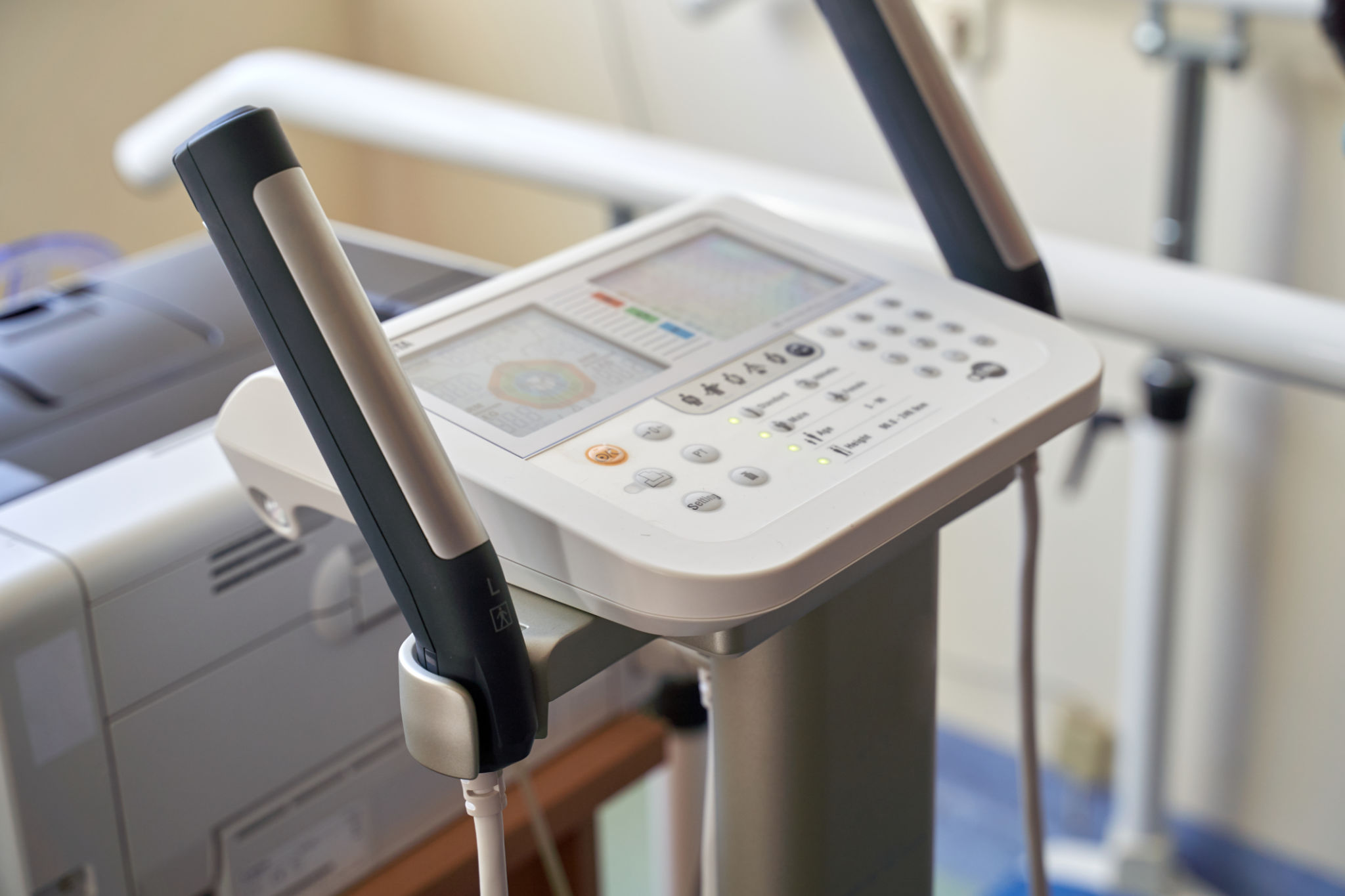Top 5 Questions About Neurodiagnostics Answered by Experts
Understanding Neurodiagnostics
Neurodiagnostics is a fascinating and evolving field that plays a crucial role in diagnosing and managing neurological disorders. From epilepsy to sleep disorders, neurodiagnostic tests help specialists understand how the nervous system is functioning. Here, we answer some of the most common questions about neurodiagnostics with insights from leading experts in the field.

What Are Neurodiagnostic Tests?
Neurodiagnostic tests are procedures used to record and evaluate the electrical activity of the brain and nervous system. These tests help in diagnosing conditions such as epilepsy, sleep disorders, and neuropathies. Common tests include Electroencephalogram (EEG), Electromyography (EMG), and nerve conduction studies.
Why Are Neurodiagnostic Tests Important?
The importance of neurodiagnostic tests cannot be overstated. They provide critical information that aids in diagnosing conditions that may not be visible through imaging alone. These tests can detect abnormalities in electrical activity, helping in early diagnosis and management of neurological disorders.

Preparing for Neurodiagnostic Tests
How Should Patients Prepare for These Tests?
Preparation for neurodiagnostic tests can vary based on the specific procedure. Generally, patients are advised to get a good night's sleep and avoid caffeine before an EEG. For EMG and nerve conduction studies, wearing loose-fitting clothing is recommended. Always follow any specific instructions given by your healthcare provider.
What Can Patients Expect During the Tests?
During an EEG, electrodes are placed on the scalp to monitor brain activity. This test is non-invasive and painless. EMG involves inserting a small needle into the muscle to record electrical activity, which might cause slight discomfort. Nerve conduction studies use electrodes on the skin to measure nerve function. These procedures are typically well-tolerated by patients.

Interpreting Test Results
How Are Test Results Used?
Results from neurodiagnostic tests are analyzed by specialists to detect abnormalities in brain or nerve function. This information helps in confirming a diagnosis, determining the severity of a condition, and forming an effective treatment plan. Accurate interpretation of these results is essential for successful patient outcomes.
What Happens After Testing?
After testing, results are reviewed by a neurologist or specialist who will discuss the findings with you. Depending on the outcome, further testing or immediate treatment might be recommended. Follow-up appointments are often scheduled to monitor progress and adjust treatment as necessary.
The field of neurodiagnostics is integral to modern medicine, offering valuable insights into complex neurological conditions. By understanding these tests and their purposes, patients can approach them with confidence, knowing that they are vital tools in maintaining neurological health.